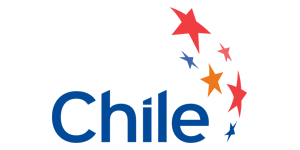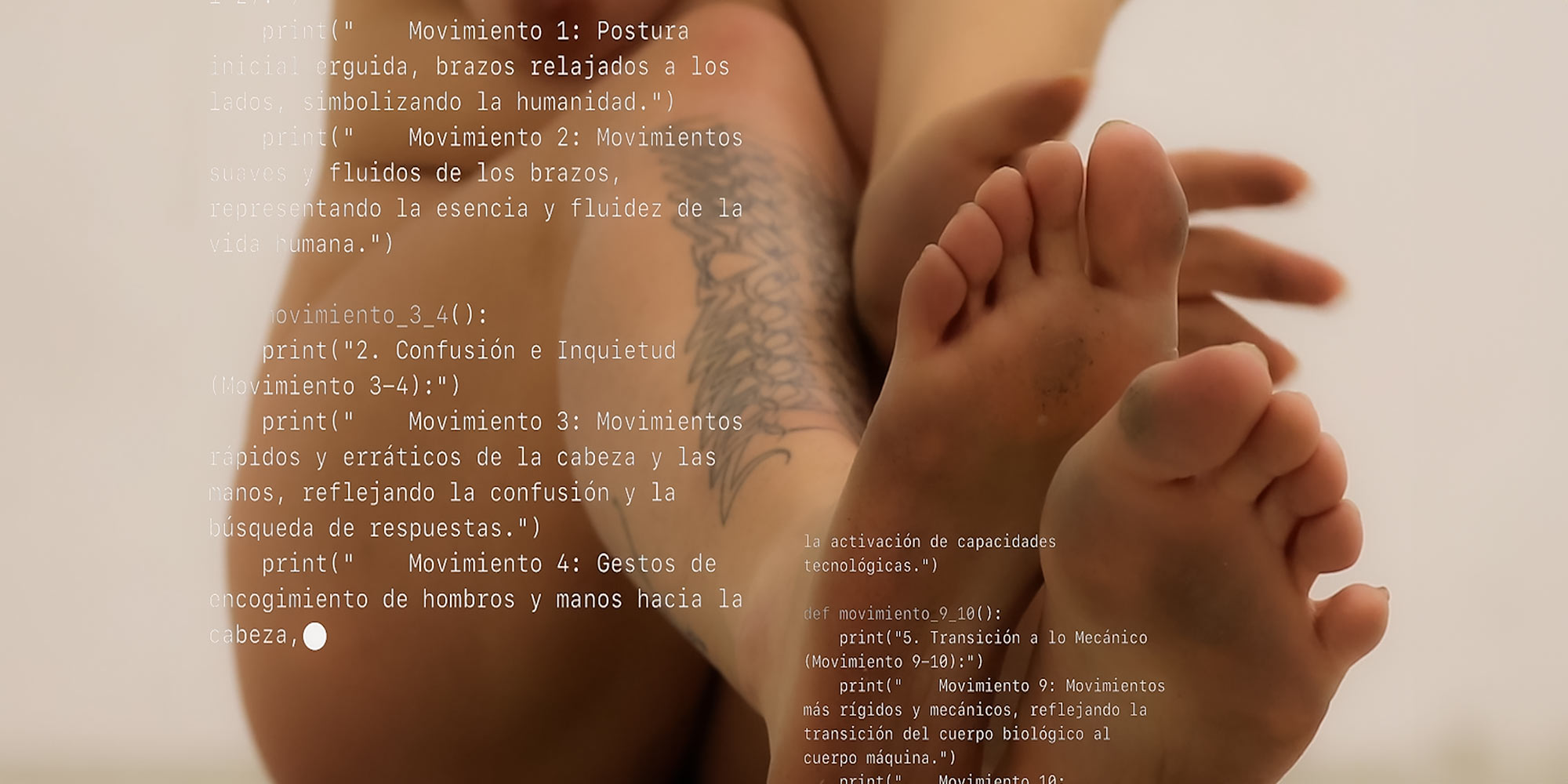Since 2018, Ars Electronica, the Cultural Ministry of Chile, and the Foreign Relations Ministry of Chile have collaborated with the goal of fostering the media art scene among Chilean artists.
The submitted proposals covered a diverse array of topics as well as forms of artistic expression and media that were employed for the realization of the projects. Submissions have addressed issues such as catastrophes caused by climate change, human-machine interactions, the artistic implications of artificial intelligence and the connection to the more-than-human world, to name a few.
Overall, the quality of submissions was exceptionally high: This diversity and excellence highlight the unique Chilean dialect of media arts.
“All submissions were promising and interesting. Selecting just one artist and one institution was a difficult task. We strongly encourage all participants to submit again next year!”
Christl Baur, Head of Ars Electronica Festival
The outcomes of the two selected works exemplify the variety and creativity present in the submissions.
Winners 2024

Carlos Sfeir Vottero (CL)
Iron56
Mobile structures, pointing to the south pole interfere with each other’s magnetic field, creating a kinetic sculpture. The project, being deeply rooted at the nexus of art and science, invites visitors to “engage with the fundamental forces of nature that organize the universe and shape the core our planet”, as the artist Carlos Sfeir Vottero puts it.
“The project is a valuable contribution on this year’s festival topic: HOPE – who will turn the tide? Carlos Sfeir Vottero exemplifies the achievable quality of art-science. Seeing the submission, we could directly picture it in the dark and industrial spaces that our festival location POSTCITY is offering.”
Christl Baur, Head of Ars Electronica Festival
Photo: Iron56 Studio Prototype / Carlos Sfeir Vottero
Iron 56 invites humans to engage with the fundamental forces of nature that organize the universe and shape the core our planet. An intertwined series of compasses is hanging from the ceiling. The mobile structures, composed of tensors, metal bars, magnets and iron crystals are calibrated to point to the south pole. Each compass’s tendency to align with the Earth’s gravitational field is disrupted by the mass and magnetic field of those beside it. Their tips constantly oscillate, triggering a plural dance between synchrony and drift. Our planet is propelled by the four fundamental forces of the Universe, those that cannot be reduced to more basic interactions. The Strong Force, the Weak Force, Electromagnetism and Gravity are at the essence of the Earth’s formation, present and future.
carlossfeir.cl
instagram.com/carlossfeir

María Ignacia Maldonado Sánchez
Useful Simulations
Pontifical Catholic University of Chile represented by the Faculty of Arts and the School of Arts
The submission convinced on the artistic as well as conceptual level. The audiovisual work by artist and student at PUC María Ignacia Maldonado Sánchez touches upon the topic of human-machine interaction building a performance on a dialogue with ChatGPT on life, death, machine, and the human. The interdisciplinarity of the institution as well as the work fits seamlessly into the Ars Electronica ecosystem enriching the Campus Exhibition.
“The suggested project shows an artistic practice that is deeply rooted in interdisciplinarity, combing performance, and the interrogation of and dialogue with AI resulting in an audiovisual installation.”
Christl Baur, Head of Ars Electronica Festival
Photo: Useful Simulations / María Ignacia Maldonado Sánchez
As an internationally renowned institution in the field of higher education, research and innovation, Pontificia Universidad Católica de Chile (PUC) is at the forefront of interdisciplinary exploration and convergence between technology, art and culture. For more than a century, PUC has been a beacon of academic excellence, committed to the integral formation of its students and the development of knowledge in diverse areas. The Pontifical Catholic University Chile presents PRISMA: Art, Science, Technology: PRISMA consists of an inter-institutional initiative based in Santiago de Chile dedicated to promote the investigation, production and exhibition of different kinds of works located at the intersections of art, science and technology with particular interest in nature.
The work “Useful Simulations” consists of a single-channel video installation where a body can be observed performing in a closed system of cameras, which is also intervened by programming codes, the result of an interaction with AI. The work is a research project that deals with human-machine hybridization, as a space of mimesis, which at the same time creates a new type of body and reflections on death and humanity.

The presentation of the projects is a collaboration by Ars Electronica Linz GmbH & Co KG with Ministerio de las Culturas, las Artes y el Patrimonio and Ministerio de Relaciones Exteriores de Chile.
